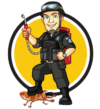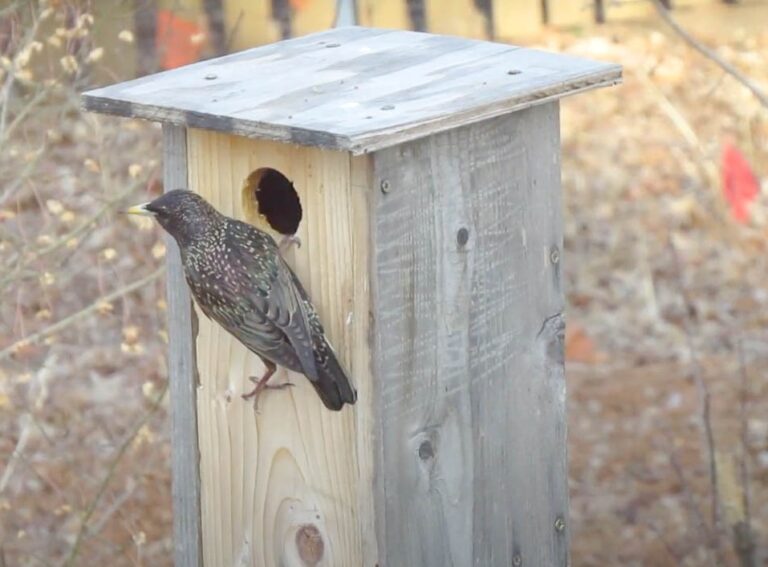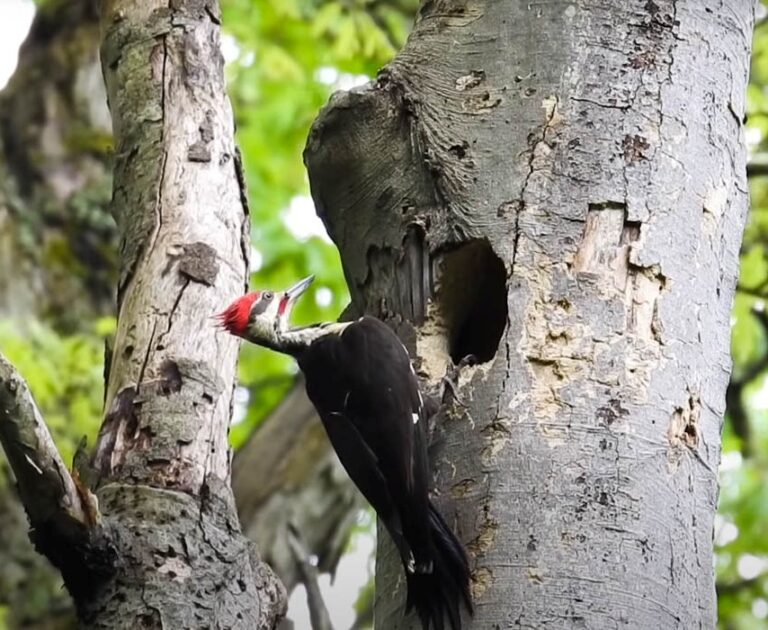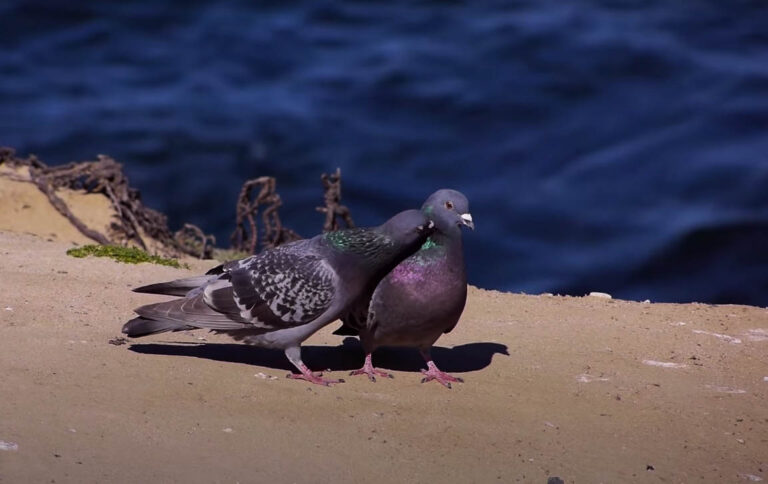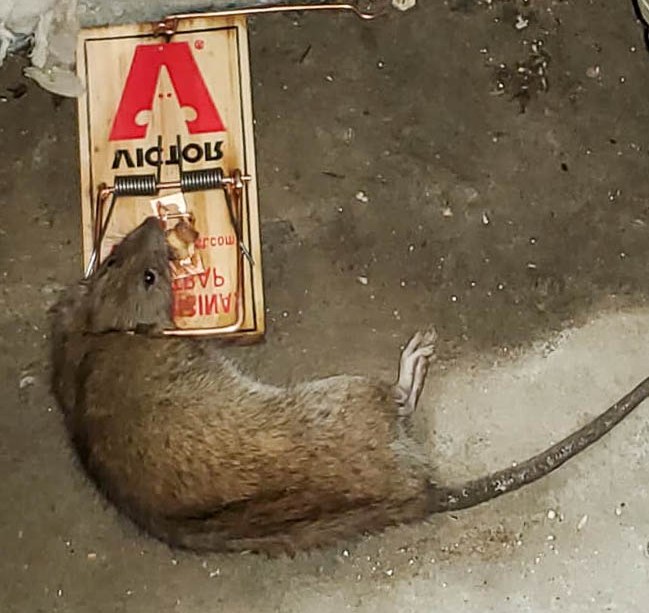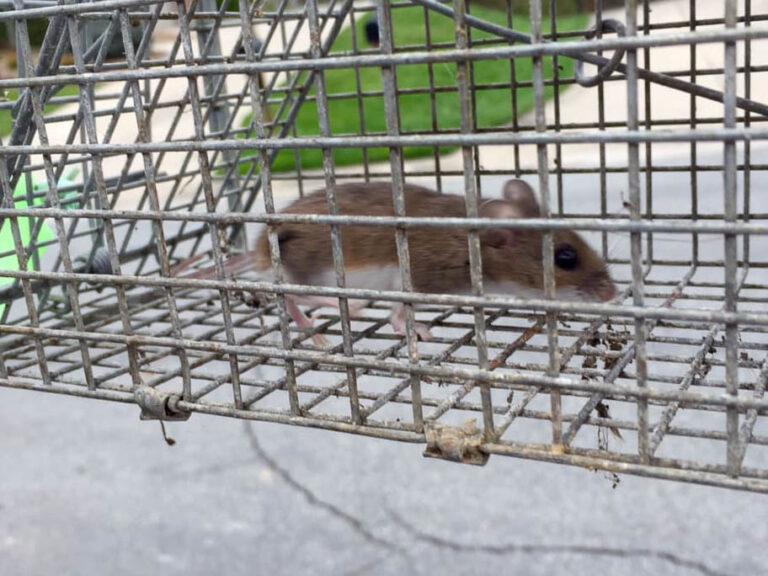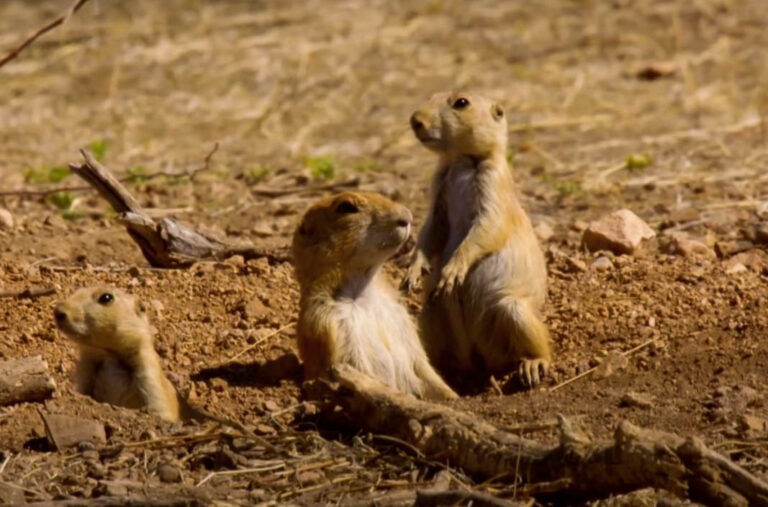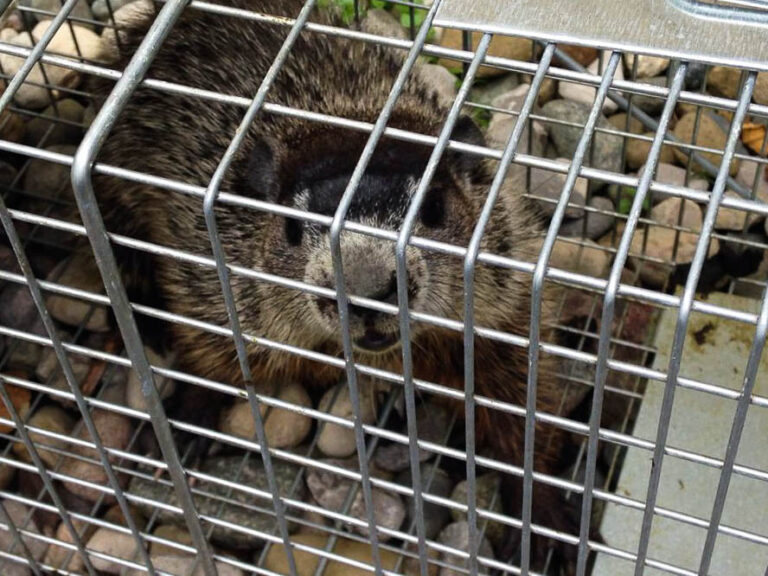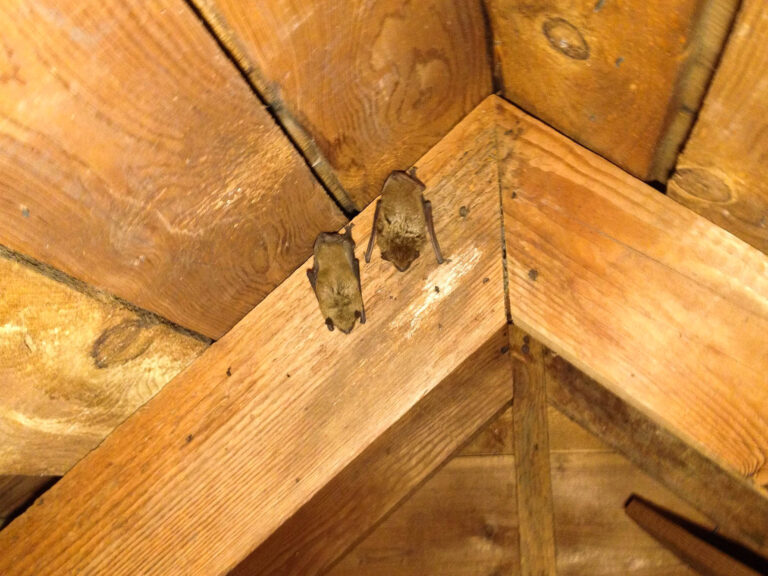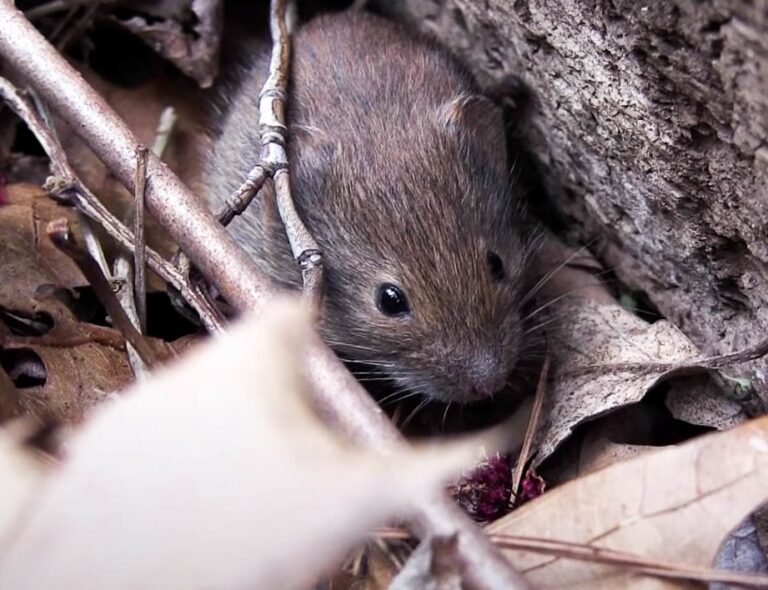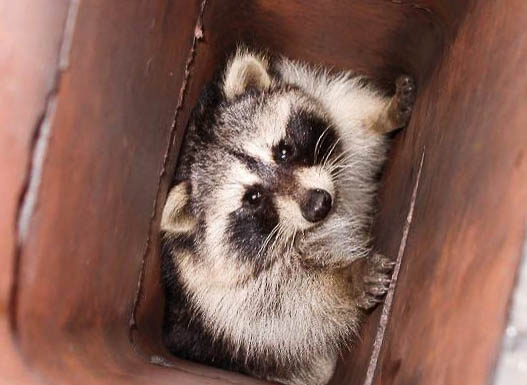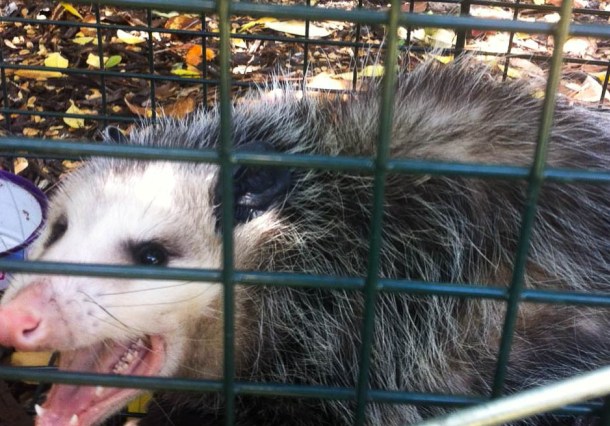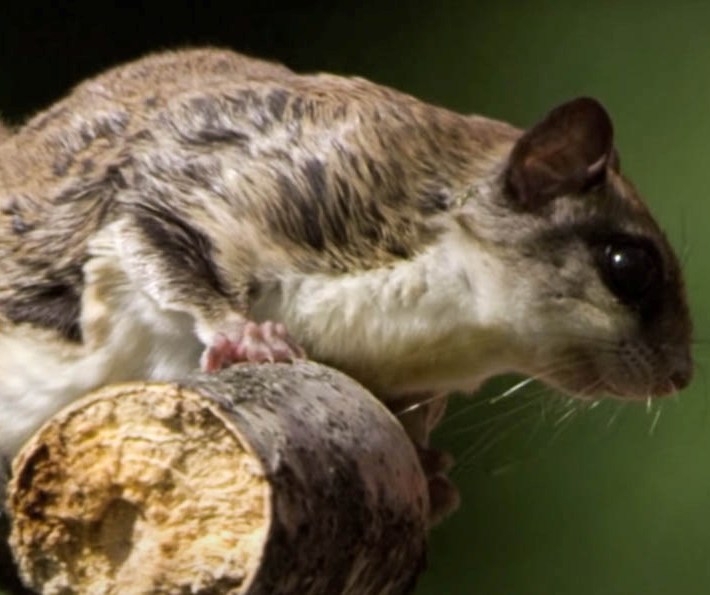About Squirrels
Appearance
Squirrels belong to the class of rodents (rats, mice, and co.). They have small, slender bodies with bushy tails and large eyes in front of their heads. Squirrels have four powerful teeth in the front of their mouth that grow throughout their life. They prevent the teeth from wearing out by constantly nibbling on things.
There are over 200 species of this rodent, sub-grouped into three; Ground, Tree, and Flying squirrels. In size, they can be as little as the African pygmy (Myosciurus pumilio) weighing 10g/0.35 ounces and ranging from 7-13cm/2.8-5 in. to the Indian giant (Ratufa Indica) weighing up to 4 lbs./1.8kg and 36in/1m.
A group of squirrels is called a scurry or dray. They are territorial animals and will fight to the death if they are threatened. Their padded feet allow them to jump as far as 20 feet (6meters) when in flight. Squirrels are remarkable runners, hoppers, have a high sensitivity for dangers, and are forgetful farmers.
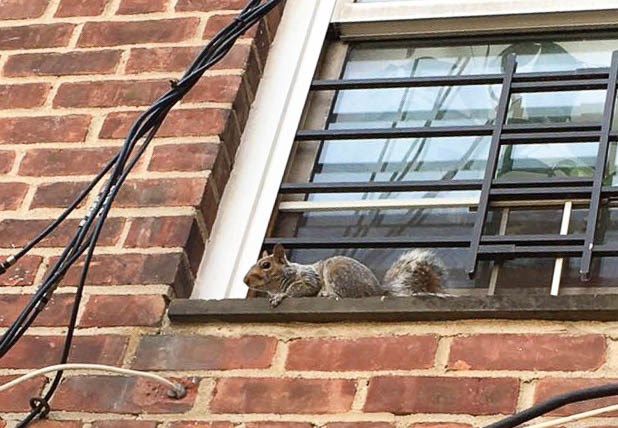
Behavior
While some squirrels are diurnal, others are crepuscular (active at dawn and dusk), few are nocturnal. During winter, they hibernate. Squirrels will bury/hoard their nuts, acorns, and seeds but usually forget the spot; these forgotten acorns grow to become large trees. Also, they eat smaller animals/insects (omnivores).
In preparation for winter, squirrels spend a lot of time feeding and caching. It is when they run about digging and collecting food and other things. Squirrels are also suspected of arranging their nut stash by quality, variety, and even preference.
Squirrels are prey for almost anything (being at the bottom of the food chain). It makes them very skittish when approaching anything with the possibility of food. Squirrels are generally curious animals.
Tree dwelling squirrels are loners and prefer to be so. Ground-dwelling squirrels are social, digging around the ground and yard. Squirrels are more scared of owls than they are of humans. Mother squirrels get vicious when defending their young.
Life Cycle
Female squirrels birth twice or more every year to 2-8 offspring, and gestation periods/frequency varies with the species. The young are born toothless, blind, and fur-less. The mothers wean them for 56-70 days, but they start to emerge from their nest to eat solid foods from 7 weeks. Young squirrels become adults after 3-4 months and leave their mothers to fend for themselves. However, diseases, parasites, tooth-loss, predators, and other events affect the life of squirrels. Their lifespan can vary from 6 to 12 years out in the wild. In captivity, many can live for 20 years. Some of their predators are weasels, snakes, skunks, foxes, and almost all carnivores. However, their biggest threats are hawks and owls.
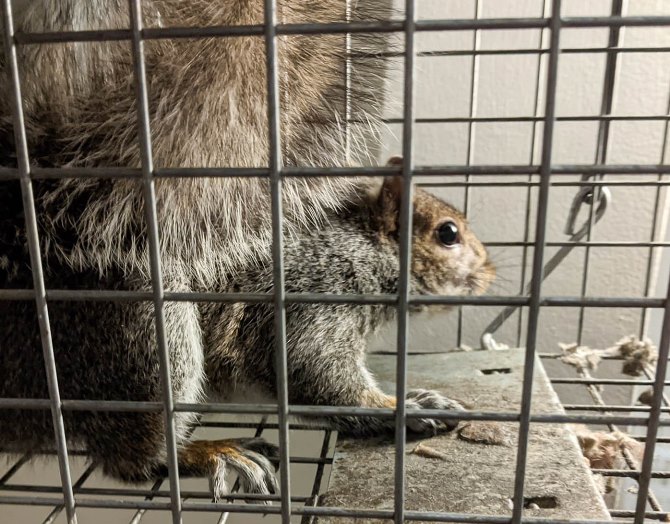
Habitat
Squirrels live on all continents, save for Australia and Antarctica. Tree squirrels prefer to live up in trees and wooded areas and are terrific climbers but still get to the ground in search of food (flowers, nuts, etc.).
Ground squirrels will dig burrows and connect underground tunnels to live in. They live in a group and work together most times to sound the distress alarm. Their only defenses are their agility for flight.
Flying squirrels make their homes in tree holes/nests built into the twining of branches. Moreover, these squirrels do not fly to get from trees to the ground; they spread their muscle membranes between their legs and glide in the air. They can glide for as long as 160 feet (48m), which simulates the act of flying.
Squirrels are very territorial animals and highly vocal too, especially during the mating season. Squirrels mark their territories with urine or tail-waving displays and sound their warning against passing intruders, including humans.
Damages They Cause
While squirrels may look cute and sweet, they are considered wild animals, and they live up to it.
Damage to House
If your property becomes overrun with squirrels, it will be hard to keep them out of the inner home. Once they enter the home, they will defecate or urinate everywhere and chew on clothes, food, papers, etc.
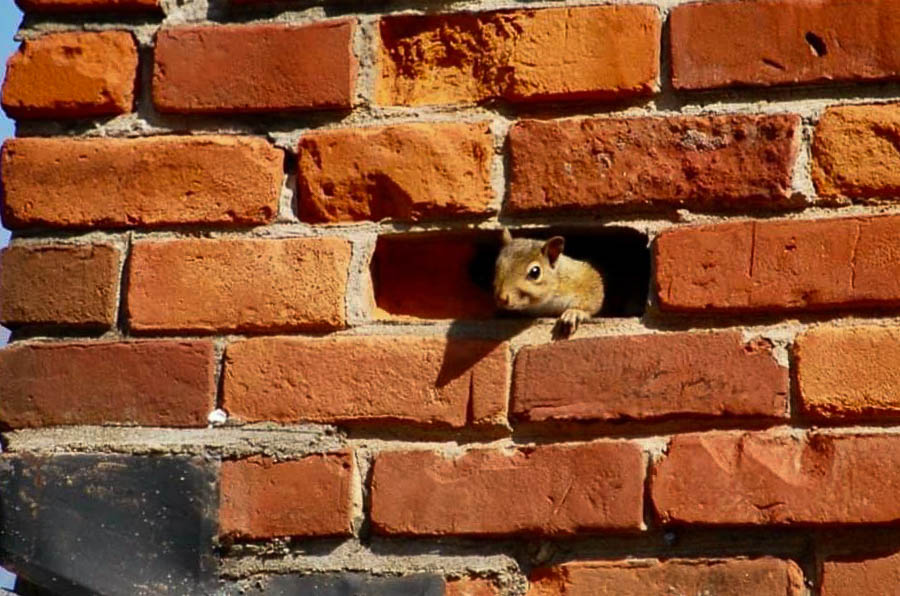
Damage to Utilities
Squirrels have large teeth and can chew through electric wires, cables, and other lines passing through the house, causing power outages, electrical damage, or water leaks.
Invite Other Unwanted Guests
The little parasites that accompany the squirrel might also decide to take a new residence in your home. Some of these unwanted visitors are ticks, fleas, mites, and many other little parasites.
Damage to the Garden
Squirrels cause severe damages to your garden, landscape, and plants through their haphazard burrowing and chewing nature. They can also attack you/pets if you corner them.
